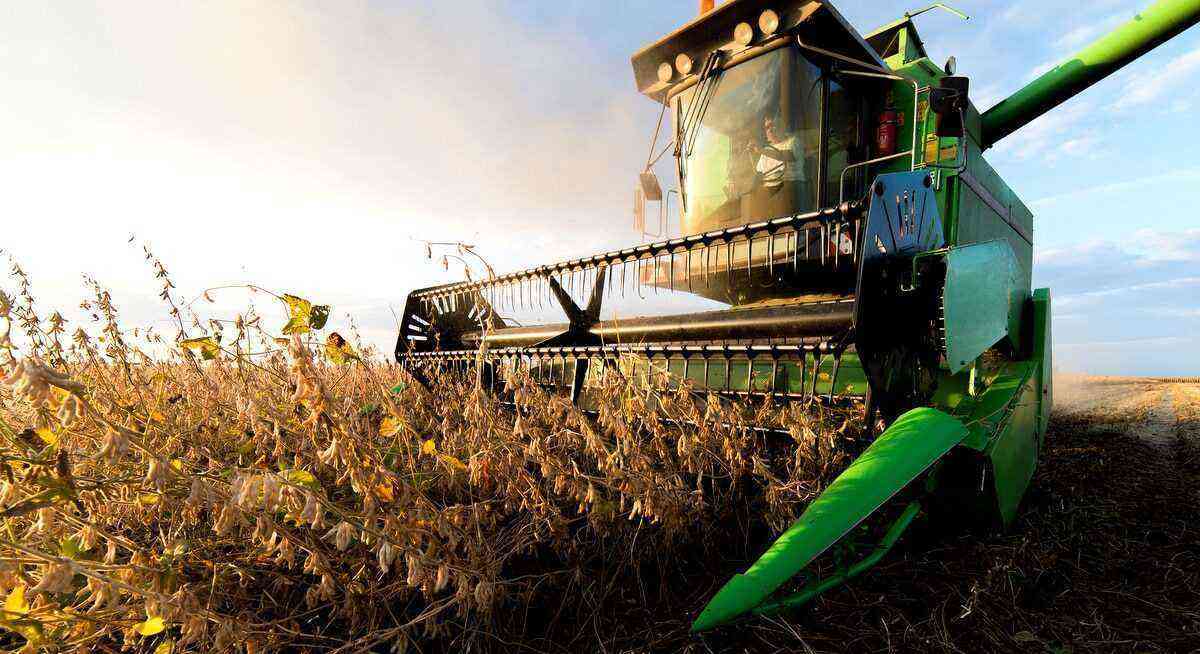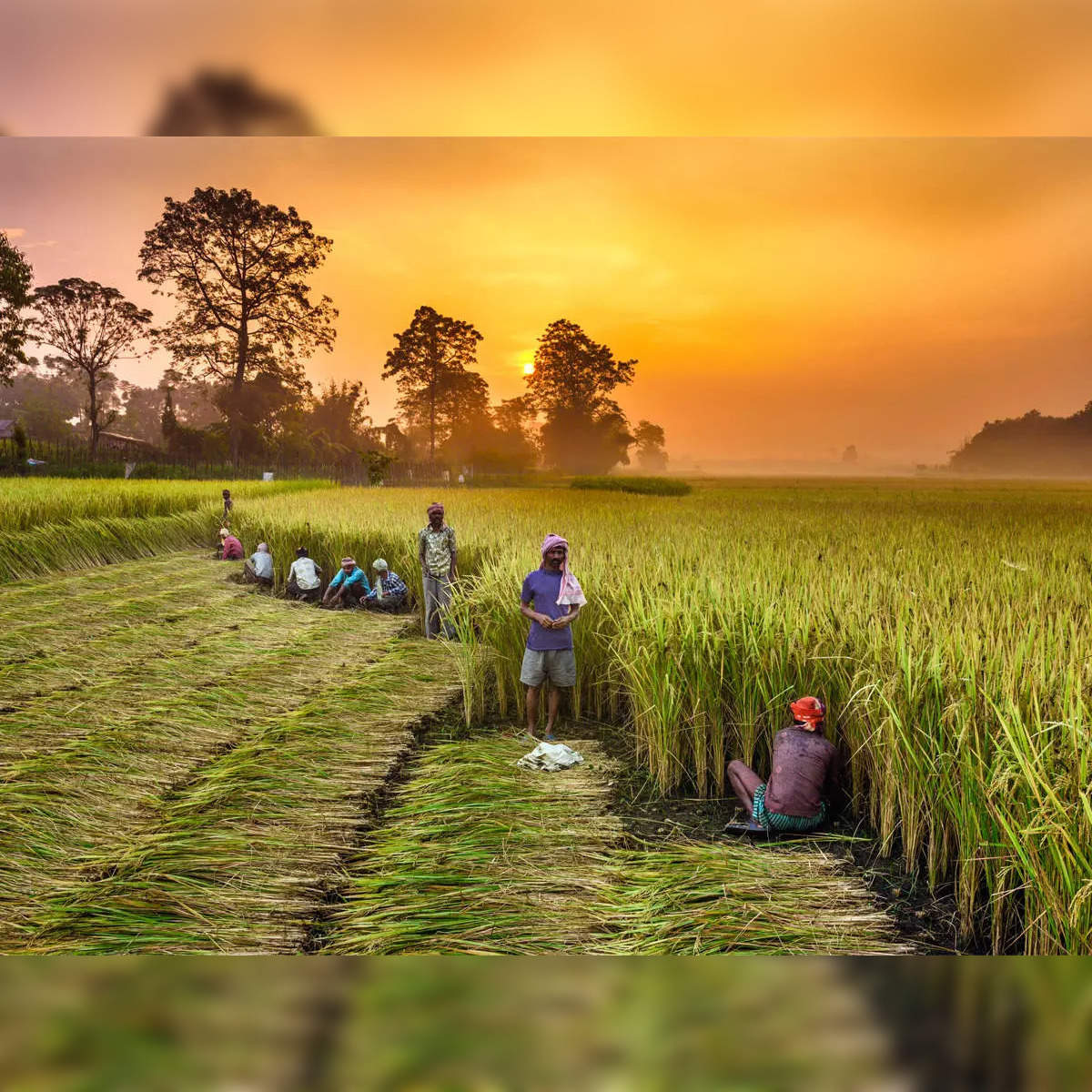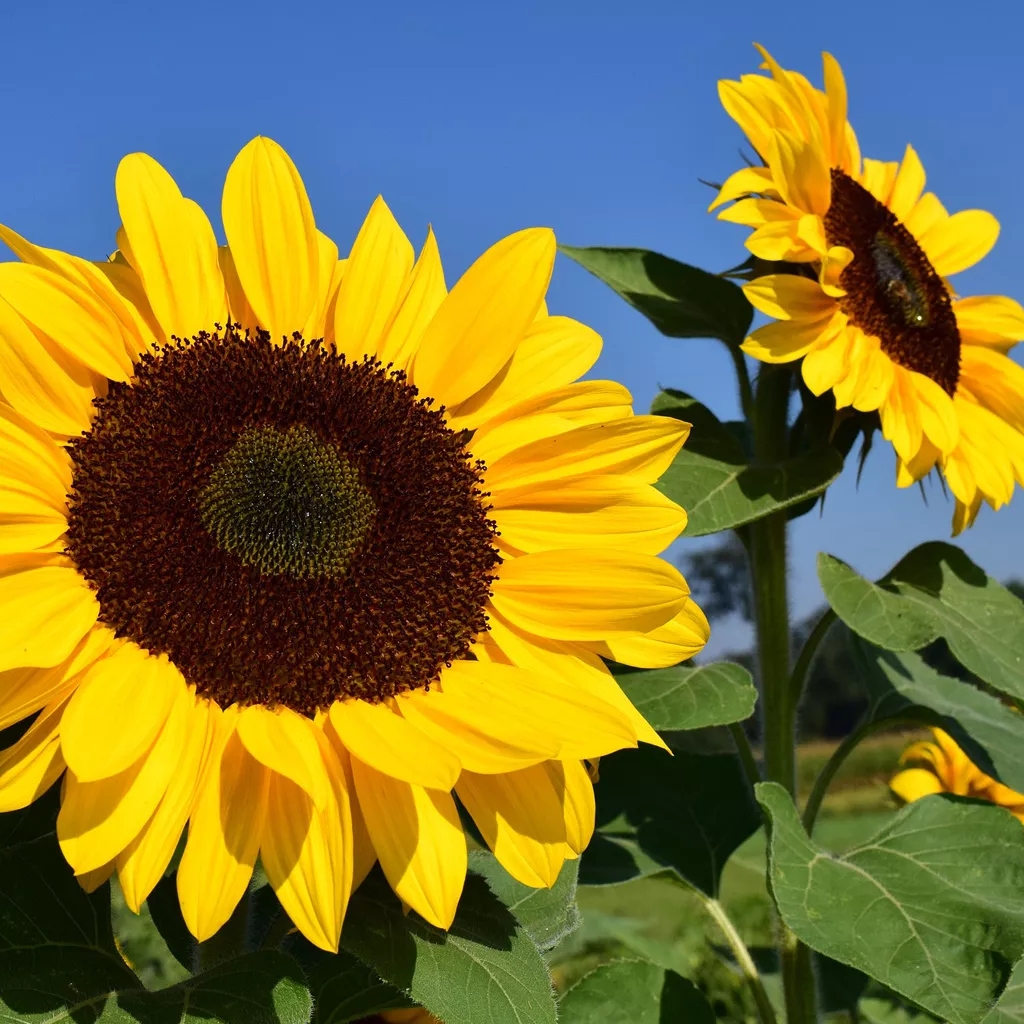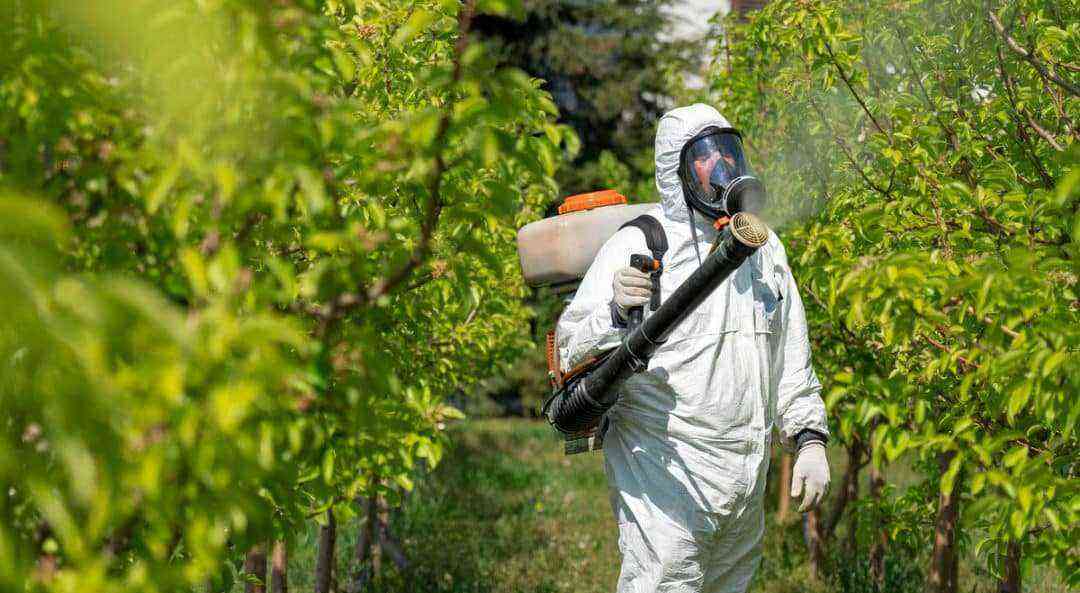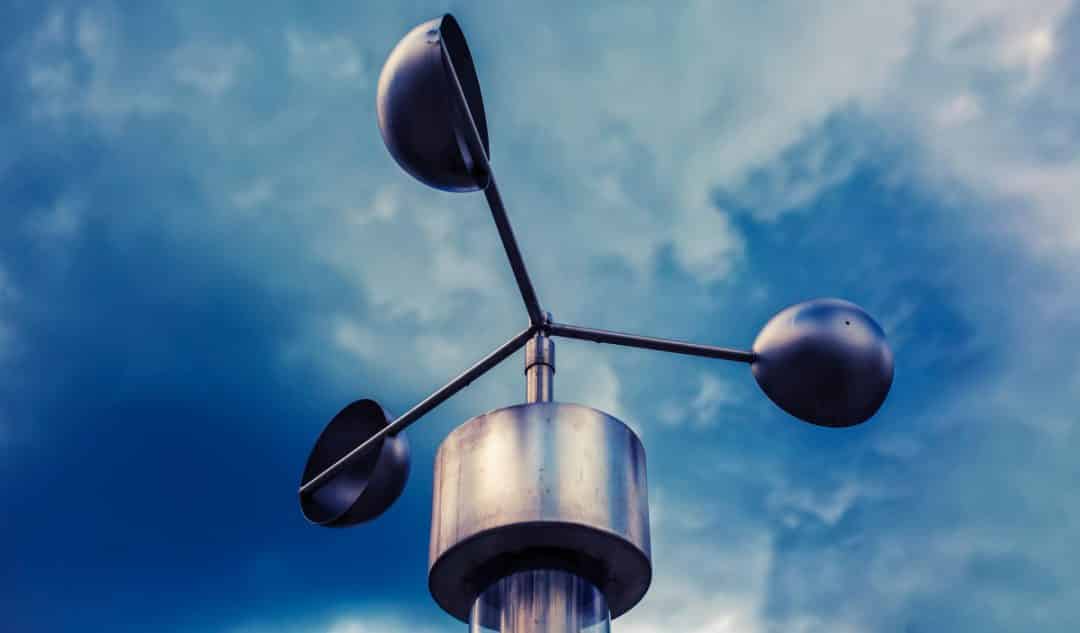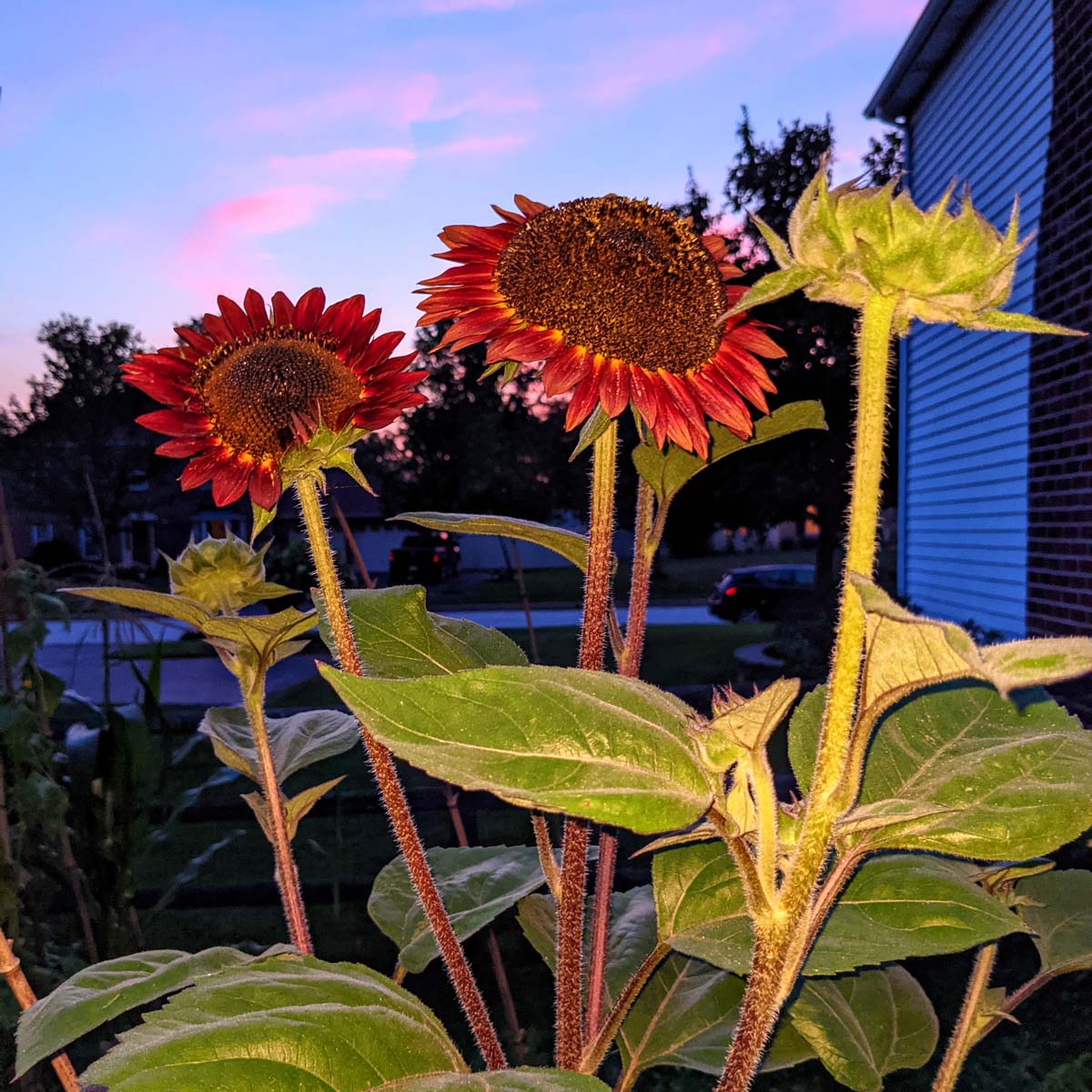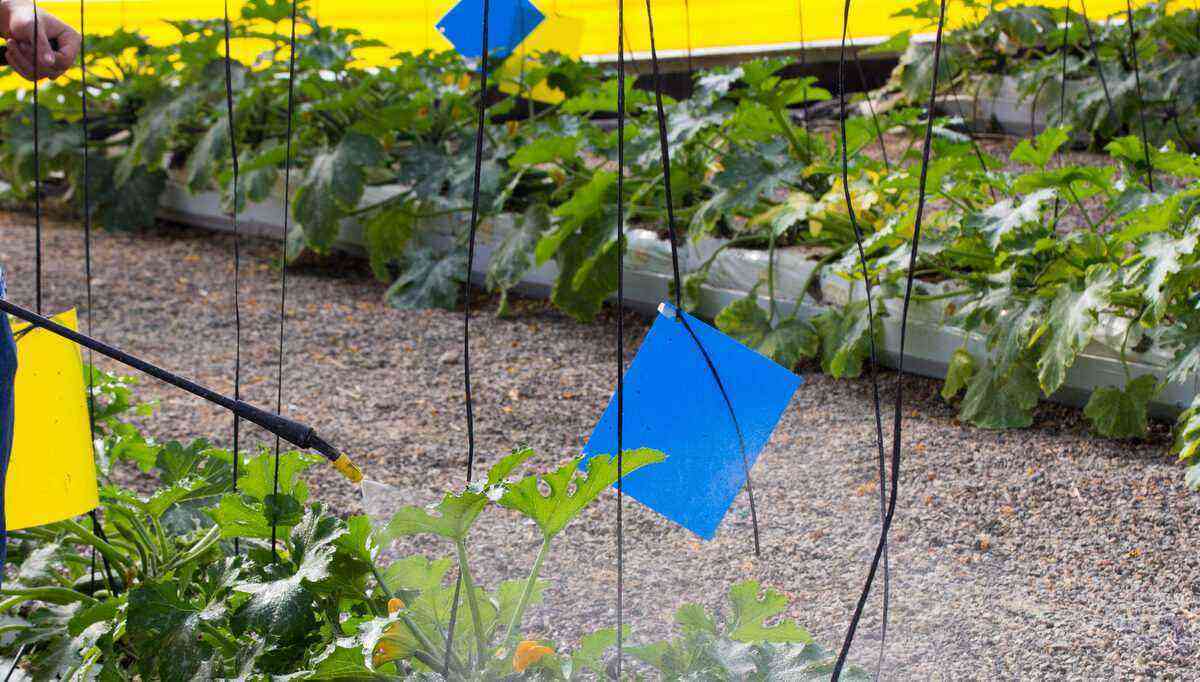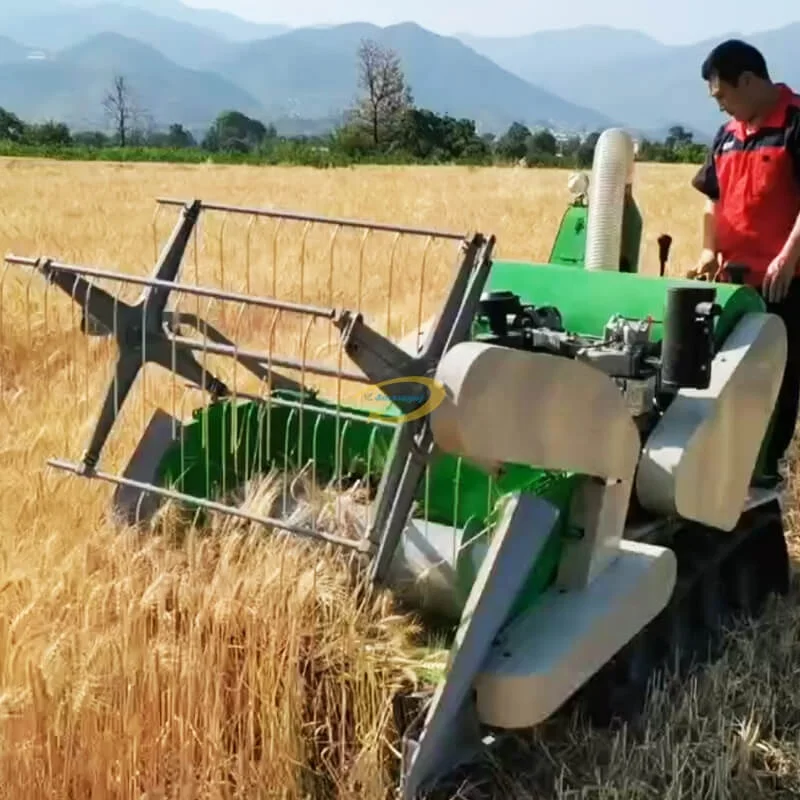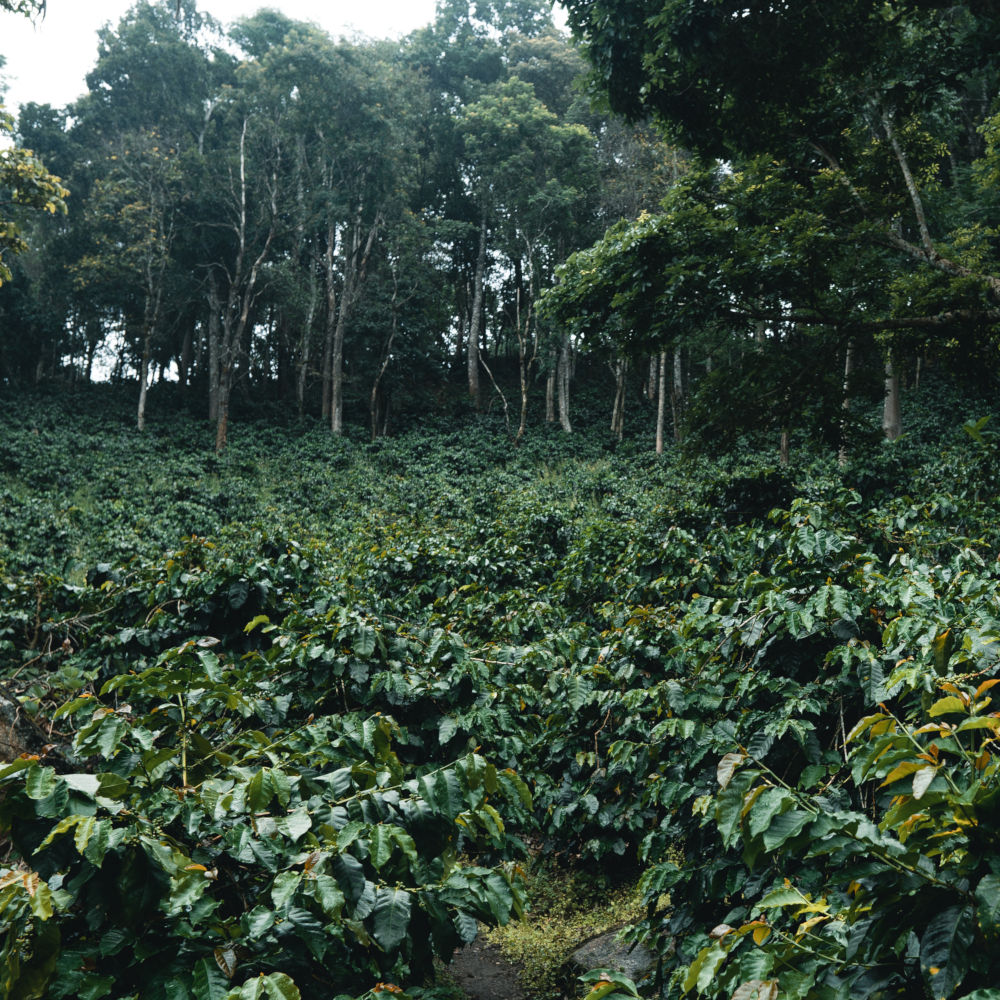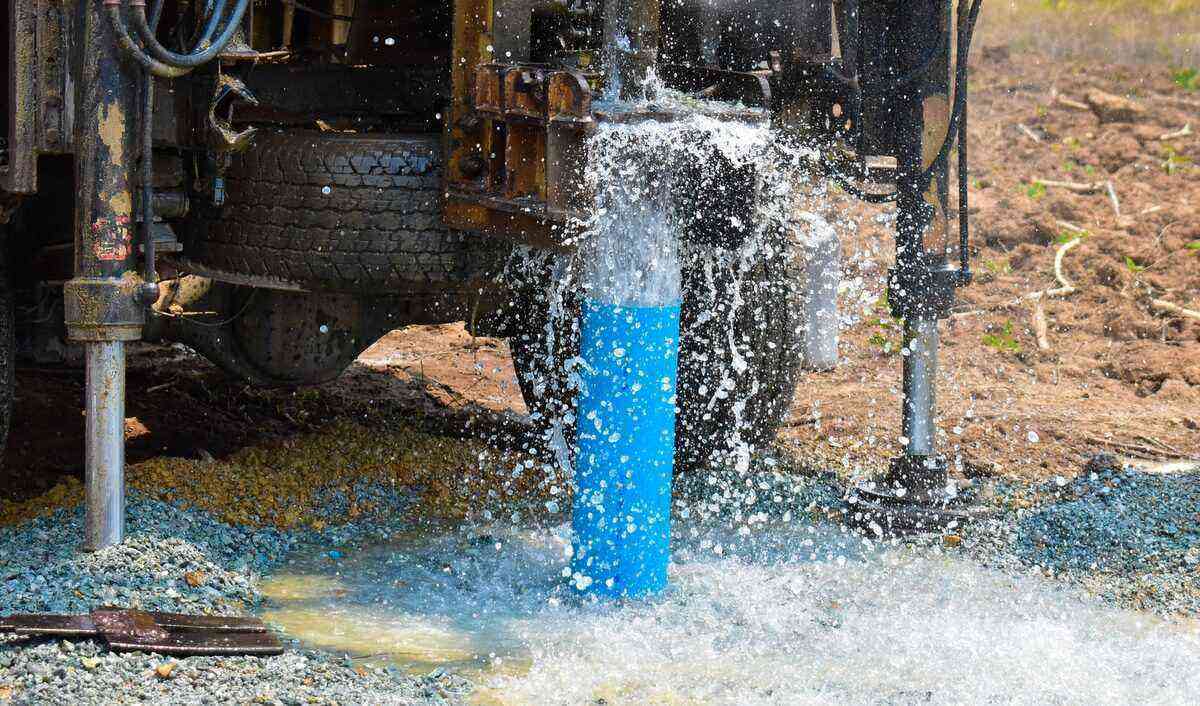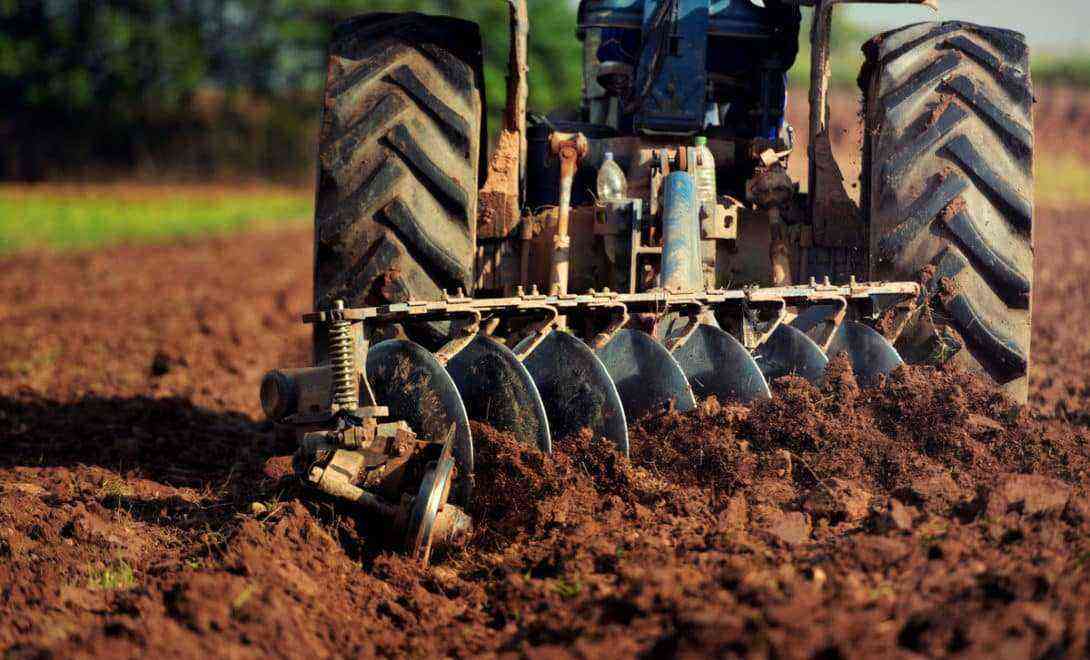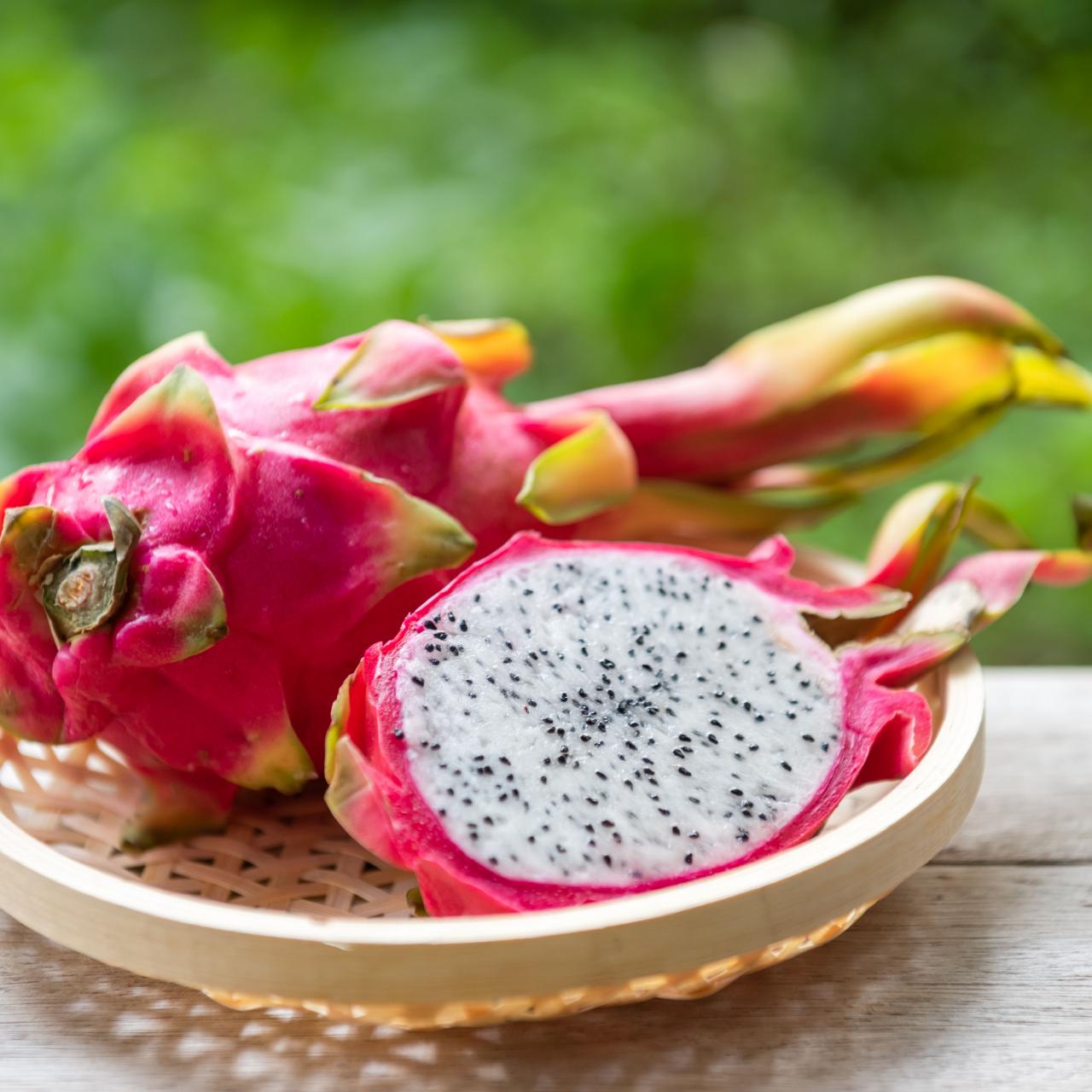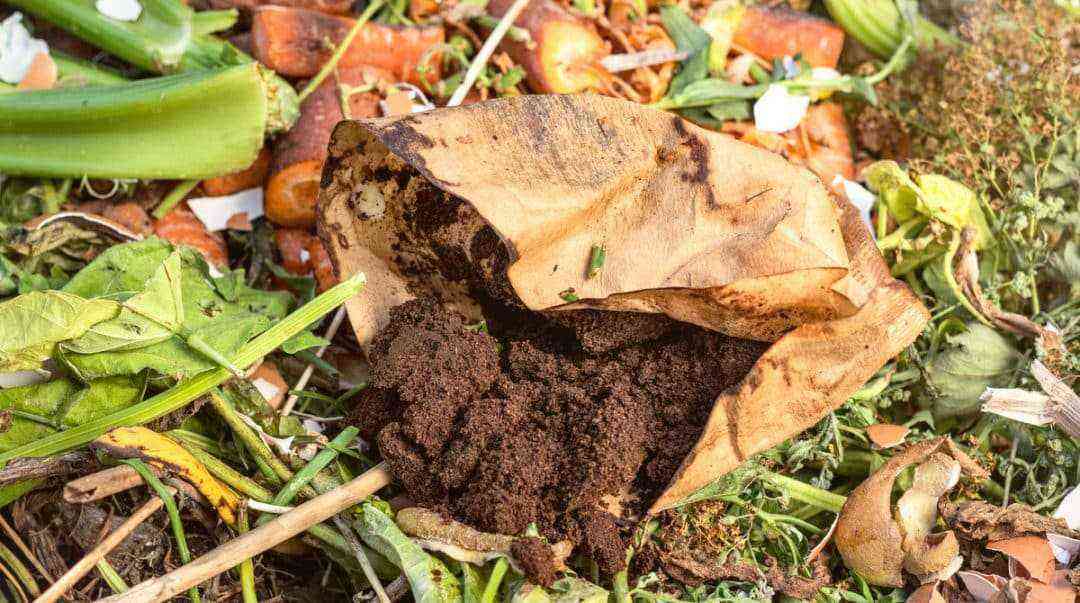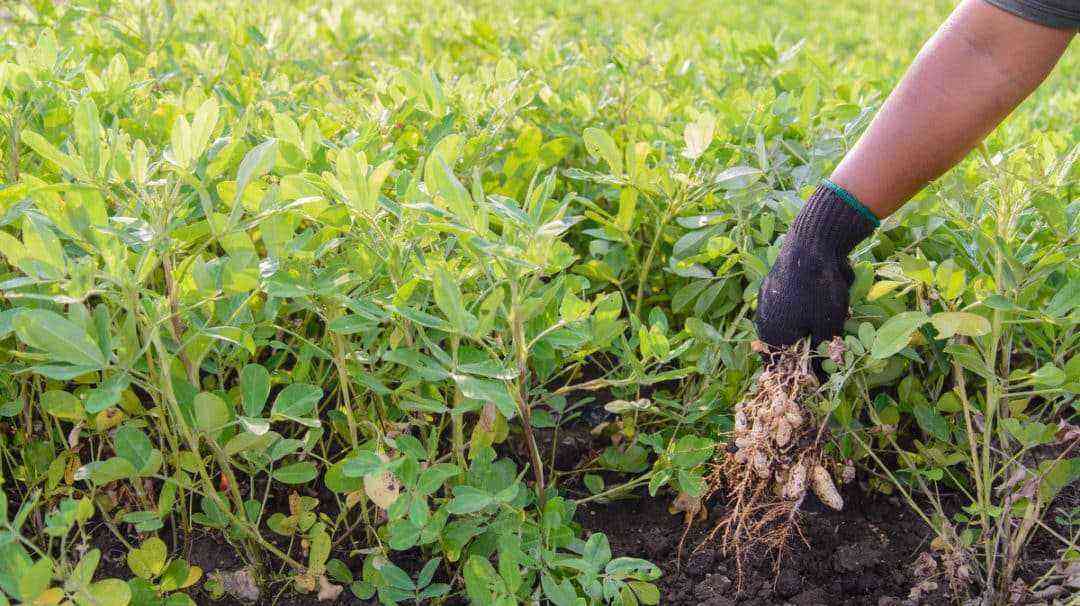Every rural producer knows the influence and importance that the climate has on the plantation of cassava, as well as other agricultural varieties. Characteristics of each plant determine how the cultivation should be done, which season of the year is most beneficial, among other markers.
What is known about cassava until today is that it is a plant very adapted to heat and very sensitive to cold. The perfect climate for planting is hot and humid. The North and Northeast regions are the leaders in the planting of cassava in Brazil, while the Center-West region is the one that produces the least.
Rain, temperature and radiation are the climatic factors that most affect agriculture. With cassava, it could not be different.
About the rain, it is known that, in some places where cassava is planted, it rains up to 3 thousand millimeters annually. Even so, it develops well. Likewise, in places where rainfall reaches only 500 millimeters, adult plants can also develop.

Cassava is a very resistant plant when it comes to water deficit.
There is no ideal temperature for planting cassava, but below 15 °C the plant slows down. Therefore, her planting is stronger outside of our winter.
Learn how artificial light irrigation can increase your productivity in the field and help your cassava crop.
Cassava plantation resists intense heat
Recently, researchers from Embrapa (Empresa Brasileira de Pesquisa Agropecuária) and the United States Department of Agriculture (USDA) made important discoveries about the influence of climate on cassava plantations.
It was found that increasing the concentration of CO² in the atmosphere can increase the average productivity of cassava. This result occurs even with the consequent reduction in the amount of rainfall and increase in temperature.
As a result, regions such as the Brazilian Northeast, which have a semi-arid climate, should not be harmed by the rise in the average temperature in Brazil in the coming years.
Places where there is a water deficit can be strategic for the planting of cassava, instead of other plants that need more rain for their cultivation.
Climatic characteristics of cassava
Here are some characteristics that cassava has, in relation to the influence of climate on its planting:
- Cassava manages to retain water in its tissues. In this way, it does not easily lose water to the environment, making it a more drought-tolerant plant;
- With deep roots, cassava can reach water up to two meters deep;
- Tolerates high temperatures and solar radiation;
- It can carry out photosynthesis even with little water in its leaf;
- Adaptable to different weather and soil conditions.
Brazil is among the largest producers in the world
It is no wonder that cassava is always on the Brazilian table. In 2016, for example, Brazil was the 4th largest producer in the world, according to the United Nations Food and Agriculture Organization.

Cassava is one of the most consumed foods in the world. Brazil stands out in planting
Last year, production was 20 million tons, according to the IBGE. This number was 3,6% higher than in 2018.
Do you want to start planting cassava and be part of the thousands of Brazilian producers who do so? See the ads on our website and find the best deals!






